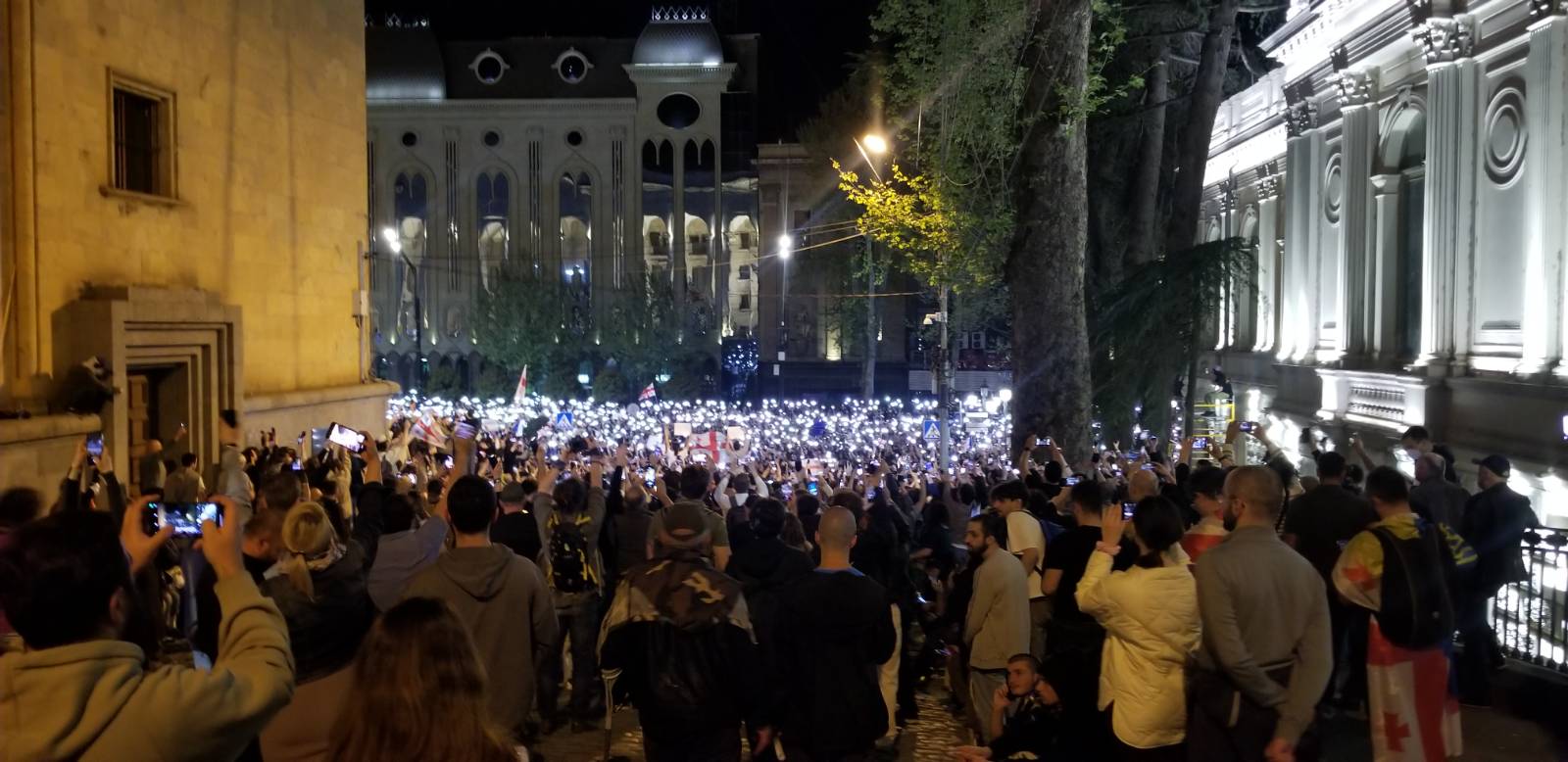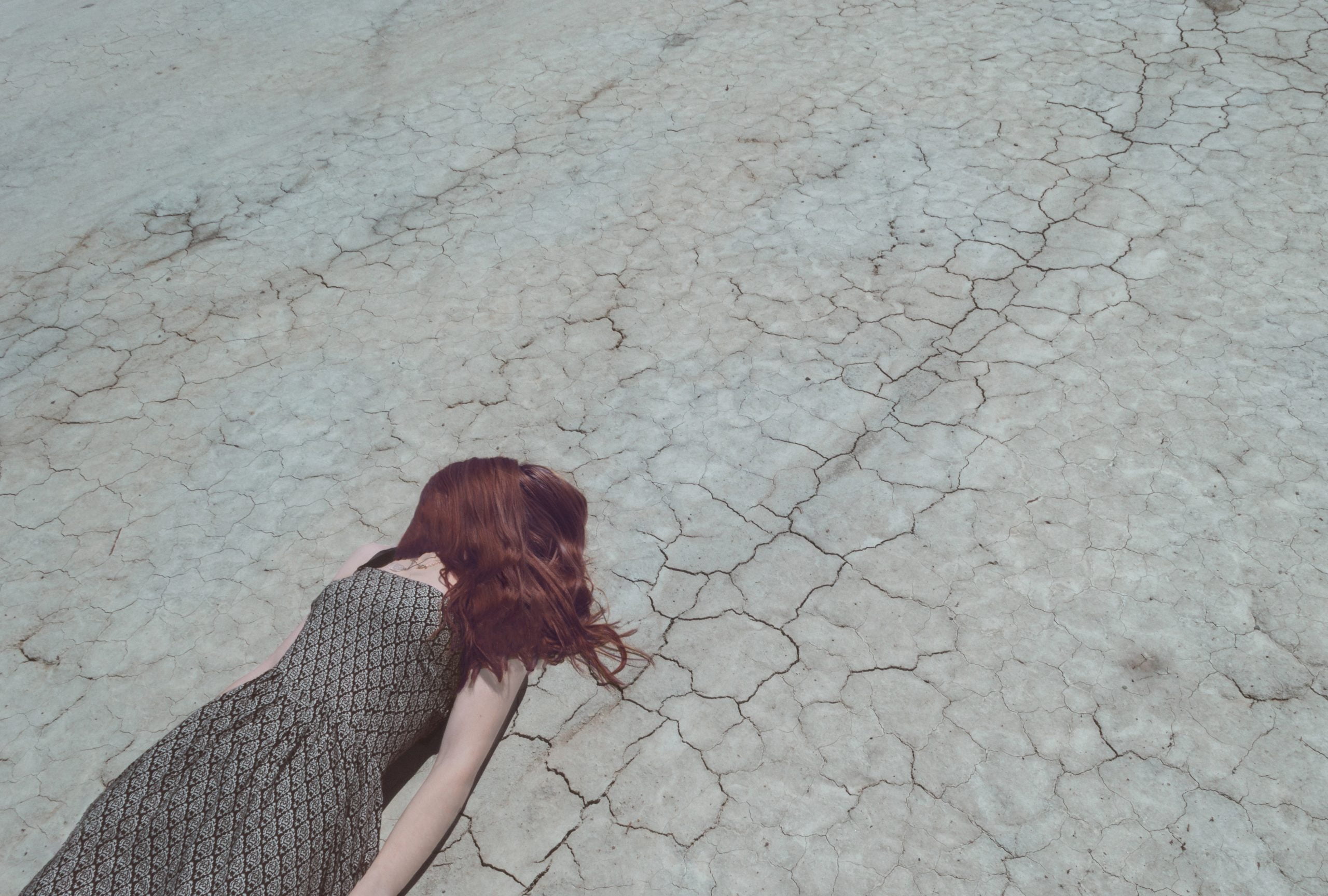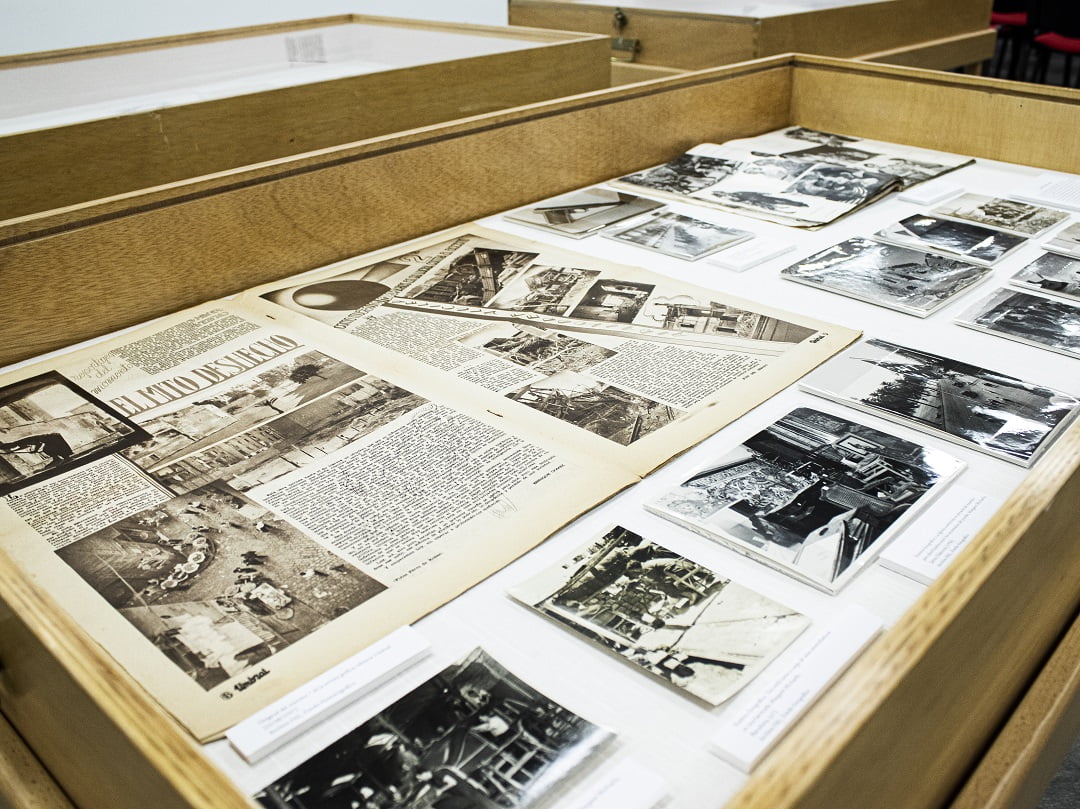Rounding off our month of articles commemorating 100 years since Kropotkin died, Selva Varengo writes on the political philosopher’s long association with the Freedom Group through the Freedom newspaper and how many of his key works were outlined in its pages. A partial digital archive of the many issues he contributed to can be found here, while many individual essays are collated in Freedom Press title Act For Yourselves.
In 1886 a small group of London anarchists had begun to meet and subsequently formed the Freedom Group (more here). When Peter Kropotkin, the most famous figure of the international anarchist movement of the time, came out of French prison after three years (following the 1883 Lyon Trial), Charlotte Wilson, on behalf of this group, invited him to move to London and join them in the creation of a new monthly paper. Kropotkin has previously visited England three times for short periods and in March 1886 Kropotkin settled there, where he largely remained, barring periods in Italy and Switzerland, until his return to Russia in 1917.
Between the beginning of March and mid-April of 1886, Freedom journal was founded. The Freedom Group was composed not only of Charlotte Wilson and Peter Kropotkin, but also his wife Sophia, John Burns-Gibson, Nannie Dryhurst, Frank Kitz, Agnes Henry and many others. Their circle of sympathisers and contributors included Edward Carpenter and Wilson’s Fabian friend Emma Brooke.
Initially, the group actively had collaborated with Henry Seymour in the drafting of his paper The Anarchist. The collaboration, however, lasted only two issues and in the summer of 1886 the Freedom Group separated from The Anarchist, likely due to contrasts between Seymour’s individualistic ideas and the anarchist communist positions of the others.
The first issue of Freedom appeared in September 1886 with the October date as a four-page monthly magazine, at the cost of a penny. The newspaper initially presented the subtitle “A Journal of Anarchist Socialism”, which then changed in June 1889 to “A Journal of Anarchist Communism.”
The articles were mostly anonymous, probably due to a collegial sharing of editorial responsibility. Because of this, attribution to a specific author is often difficult, but from a newspaper story draft written by Charlotte Wilson it is possible to identify collaborators in the first year of life of the monthly: Charlotte Wilson, Peter Kropotkin, Edward Carpenter, John Burns Gibson, George Bernard Shaw, Havelock Ellis, Sydney Olivier, Francesco Saverio Merlino, E. Prowse Reilly, Nannie Florence Dryhurst and Henry Glasse. In the 1890s there was Alfred Marsh, Tom Pearson, Walter Neilson, Charles Morton, William Burrows, John Evelyn Barlas (with the pseudonym of Evelyn Douglas), C. Porter and James Blackwell. With the new century more new contributors arrived including William Wess, Errico Malatesta, Henry Nevinson, William Charles Owen, James Sketchley, George Lawrence, Fauset Macdonald, Louise Michel, Louise Bevington, and Olive Rossetti.
The first issue of Freedom sold 1,600 copies in its first three weeks, and sales increased for following editions causing it to become, in the years that followed, Britain’s leading English-language anarchist journal. In the early 1890s the number of copies sold per issue varied from 2,000 to 3,000, before decreasing again with the start of the new century to 1,500 copies.
In 1914, in the face of the First World War, the editorial board of Freedom was divided on the question of antimilitarism: on the one hand there were supporters of the Entente, such as Kropotkin, John Turner, Wess and Varlam Cherkezishvili. On the other hand was most of the movement which had remained consistently anti-militarist anarchist, including publisher Tom Keell, Lilian Wolfe and Malatesta. The pages of Freedom initially gave space to numerous articles and a rich debate on the war, published with editorial impartiality. The controversy (see here for more) lasted until Keell and several members of the editorial board decided to continue publishing the paper as the organ of the anti-war majority.
With this the relationship between Kropotkin and the monthly Freedom broke down, having lasted for 28 years, and ended in 1914.
In the years between 1886 and 1914 Kropotkin wrote most of his more important texts such as The Conquest of Bread (1892); Fields, Factories and Workshops (1898); Mutual Aid. A Factor of Evolution (1902); Modern Science and Anarchism (1904); and The Great French Revolution 1789-1793 (1909). Many of his theoretical elaborations were presented in the articles he wrote each month for Freedom. Kropotkin considered it important to combine scientific work with a popular informative text and felt it was his duty to educate and inform the working class. Kropotkin firmly believed in the need to always combine manual and intellectual work. He was a revolutionary anarchist-communist and wanted to popularise anarchist ideas, explaining how anarchy could be achieved. To understand Kropotkin’s political vision it is therefore essential, alongside his books, to rediscover his numerous articles in newspapers like Le Révolté (1879-1885), La Révolte (1887-1894), Les Temps Nouveaux (1895-1921) and Freedom.
Early works in Freedom
For example, Kropotkin’s first article in Freedom (The Coming Revolution, October 1886), was devoted to the theme of the revolution. For Kropotkin it was necessary to profoundly modify the system of economic production and political organisation according to the principles of equality and freedom.
In the following month’s article (What Revolution Means, November 1886) Kropotkin tried to explain what a revolution meant for him, specifying how it did not necessarily involve violent and destructive gestures but rather consisted of a radical change in economic and political institutions. For the Russian anarchist the revolution was not a simple change of government and it was not achievable in a short period of time but inevitably required a long period of maturation and extensive preparatory work to ensure that the people were ready to implement concretely a new form of organization.
In What must we do? (December 1886), his third article, Kropotkin complained about the lack of a clear revolutionary program from the socialist side. He felt it was a duty to express the objectives of the revolutionary movement in a clear and intelligible way. All this meant making the right of all to the common product explicit. It also meant breaking completely with what he defined as the prejudices of authority, law, representative government, majority rule and the right of capital, all obstacles to humanity’s path towards emancipation.
Denouncing the risk of slipping towards a simple nationalisation of the land (The End Set before Us, June 1887), Kropotkin considered effective ways of achieving the expropriation of land and means of production by workers. In fact, he rejected the widespread belief that the realisation of socialist principles was so remote that it had to be left to future generations. In his opinion, the guiding principles for change, such as local action and extra-parliamentary action, should always be kept present and very clear in the minds of all those who wished to act for the social revolution.
However, all this did not mean drawing up a program of action in advance, because the main element for a radical modification of the institutions was the people, and it is not possible in any way to predict how their ideas can grow and develop, or how they will choose to act, if there was an opportunity for a profound transformation of society (Practical Questions, July 1887).
In any case, for Kropotkin the realisation of the social revolution and the achievement of a new society was possible only through the organisation of the workers (Anarchists and Trade Unions, June 1907 and Peter Kropotkin on “The Development of Trade-Unionism,” a lecture delivered in the Memorial Hall, on Jan. 24, which was written up in Freedom, March 1898).
By not adopting Proudhon‘s mutualism or Bakunin‘s collectivism, Kropotkin and the other editors of Freedom strongly defended the idea of an economic organisation based on needs. According to the Russian anarchist, the starting point and the first objective of any revolutionary movement with a socialist character had to be the satisfaction of the wishes and needs of each one (The First Work of the Revolution, August 1887).
To avoid the serious economic crisis that could have occurred following a revolutionary change, it was necessary, according to Kropotkin, to meet the basic needs of the population right from the start: housing, food, clothing and means of production (Revolution and Famine, December 1887). This was to be followed by a profound industrial and agricultural reorganisation in the communal sense that modelled production on the desires and needs of society without any private property (Communist-Anarchism. A speech delivered by P. Kropotkine at the Freedom Group Meeting, March 15th, Freedom, April 1888).
The abolition of private property therefore played a fundamental role for Kropotkin: all those who had contributed to the creation of wealth according to their abilities were entitled to have their needs met (The Necessity of Communism, September 1887). All this was based on the belief that a free organisation of workers was perfectly capable of carrying on existing production without having to resort to any wage system and the recognition of private property rights (Communism and the Wage System, August and September 1888).
Another issue addressed by Kropotkin in the pages of Freedom was a denunciation of the prison system. The Russian anarchist was a firm critic of the uselessness and harmfulness of the prison institution, which often produced effects opposite to those intended. Since the prison was unable to prevent antisocial acts, the first duty of the revolution would be to abolish prisons and all similar institutions and any other form of confinement. According to Kropotkin, when society judged a criminal, it should first judged itself, as society as a whole was responsible for every antisocial act committed internally. What was missing was a community based on mutual aid, in which fraternity and humanity were the basis for preventing antisocial behaviour (Prisons and their Effects, July 1887 and Prison Life, August 1887).
By eliminating authority, the anarchists would destroy the judicial system as well as the state, replacing it with voluntary arbitration, the strengthening of community ties and an education in solidarity (Organised Vengeance, called “Justice”, October 1901).
In the pages of Freedom Kropotkin also addressed some of the fundamental means for the creation of a libertarian society: integral education and anarchist ethics.
The idea of integral education for Kropotkin meant the recognition and exaltation of the natural diversity of human beings, transforming it from a basis of inequality into a social wealth and plurality. Each individual had to be given freedom of action so that they could develop all the natural abilities of their individuality, therefore original, personal, unique and unrepeatable. For this Kropotkin proposed an integral education that overcomes the dangerous distinction between manual and intellectual work (Integral Education. Kropotkin’s View, September 1901).
The important Anarchist Morality was also serialised on Freedom, later collected in a pamphlet and translated into numerous languages (Anarchist Morality, Freedom October 1891- April 1892). This text acted as the first draft of the Ethics. In this short text Kropotkin did not make a simple critique of ethics but tried to restore it to what he believed to be its authentic meaning, freeing it from religion and metaphysics, two ethical currents he judged to be wrong.
The first articles also appeared in Freedom, that would give life to the very famous Mutual Aid. A Factor of Evolution (Mutual Aid amongst Animals, November 1890; Mutual Aid amongst Animals II, December 1890 and Mutual Aid amongst Savages, May 1891). Kropotkin focused attention on the principle of mutual aid, not denying the existence of competitiveness and antisocial and individualistic instincts. He claimed the importance and the need to focus on the principle of mutual support, an aspect that for a long time had been underestimated and neglected even though cooperative collaboration is equal to, if not overwhelming of, competition.
The belief that, in all animal societies, egalitarian solidarity and mutual support constituted a general law of nature, much more important than the struggle for existence, led Kropotkin to the conclusion that moral sense was a natural faculty, just like the sense of smell or touch. According to Kropotkin, the theory of evolution founded by Darwin could therefore constitute the presupposition for a new ethics, egalitarian and therefore anarchic, based on doing to others what one would like others to do towards us. Without any absurd distinction between selfishness and altruism since the good of the individual always coincided with the good of the species.
Finally, among the numerous articles by Kropotkin published in Freedom it is interesting to remember an article entitled Are We Good Enough? (June 1888). In this article he tried to answer one of the most common objections posed to communism, namely the assertion that human beings were not good enough to live in an egalitarian system being by nature individualistic, selfish and guided by the logic of the strongest. According to the Russian anarchist, the negative characteristics of humanity depended on centuries of individualistic education and this was why a new ethics, a new education, a new sensitivity was needed.
~ Selva Varengo is an Italian academic specialising in anarchism, social ecology and feminism. She is the author of Pagine anarchiche. Pëtr Kropotkin e il mensile “Freedom” (1886-1914) [Anarchist Pages, Peter Kropotkin and the monthly Freedom]
Further Reading
– Peter Kropotkin, Act for Yourselves: Articles from Freedom 1886-1907, edited by Nicolas Walter and Heiner Becker, London: Freedom Press, 1988.
– Freedom. A Hundred Years. 1886-1928, London: Freedom Press, 1986.








